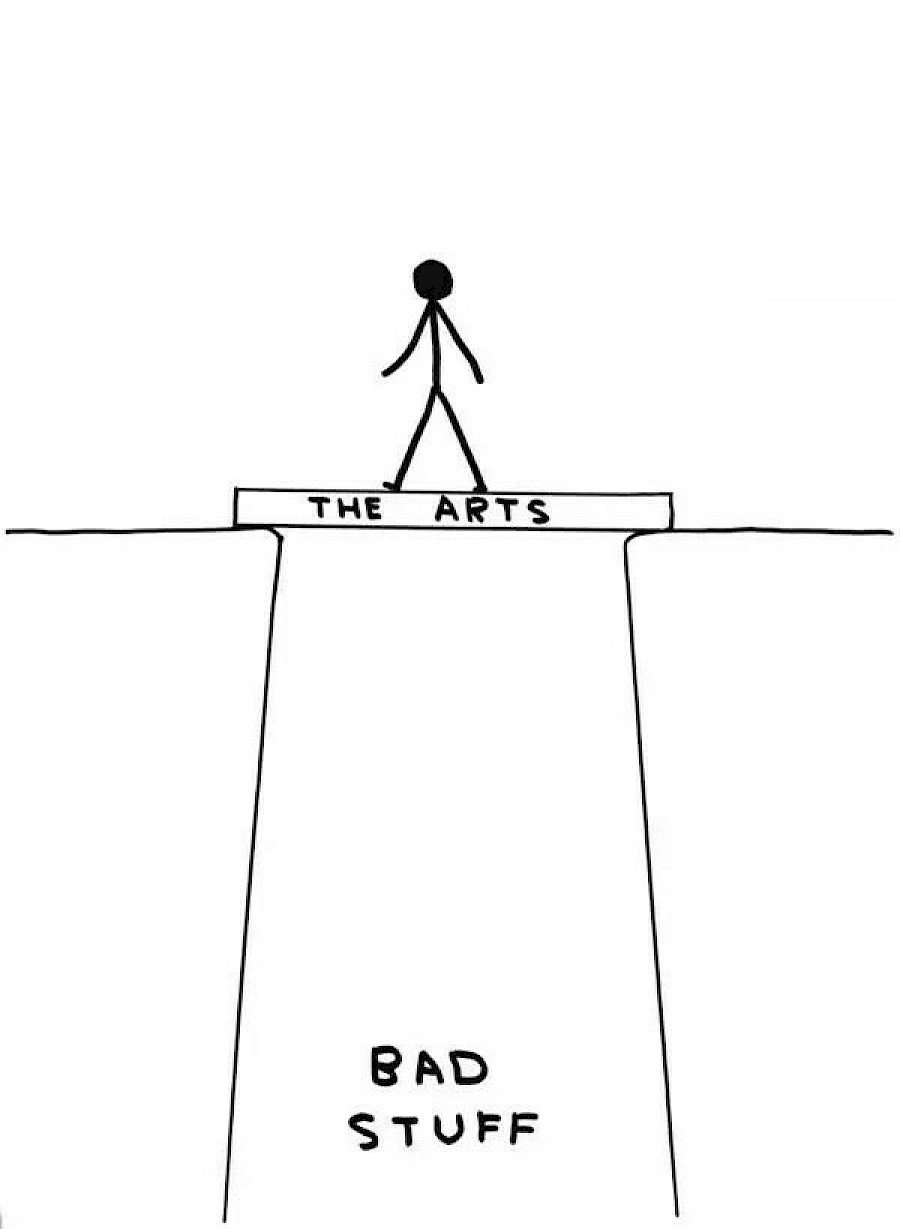Creative Health report “urges the NHS to include the arts in personalised post-diagnostic support for people with dementia.”
The All Parliamentary Group on Arts, Health and Wellbeing have published an extensive report titled Creative Health that details the huge impact that the arts can have in the realm of health and wellbeing. A full chapter is dedicated to the role of creativity and culture in improving the lives of older people in care.
The report references analysis of data from more than 15,000 older people by Age UK (February 2017), which showed that engagement in arts activities makes the highest contribution to overall wellbeing.
It also states that, by 2040, 1.2 million older people in the UK will have a dementia diagnosis and describes in detail how engagement with the arts can support care providers in meeting this enormous challenge. The evidence shows that participating in creative and cognitively stimulating activities can not only improve the quality of life of older people, but can even help to delay the onset of dementia.
Very importantly, the report also persuasively shows that the arts can also improve the quality of life for carers.
The Creative Health report explicitly “urges the NHS to include the arts in personalised post-diagnostic support for people with dementia”.
Making Time courses affordably and effectively up-skill care staff to be able to bring these wide reaching and impactful activities into care homes. Contact us to learn more about how we can help your organisation.
“Art helps us access and express parts of ourselves that are often unavailable to other forms of human interaction. It flies below the radar, delivering nourishment for our soul and returning with stories from the unconscious. A world without art is an inhuman world. Making and consuming art lifts our spirits and keeps us sane. Art, like science and religion, helps us make meaning from our lives, and to make meaning is to make us feel better.” Grayson Perry, Artist

David Shrigley created a series of artworks to illustrate the report